Law Enforcement Suicide
Break the Silence – Start the Conversation
The Lord hears his people when they call to him for help. He rescues them from all their troubles.
The Lord is close to the brokenhearted; he rescues those whose spirits are crushed.
The righteous person faces many troubles, but the Lord comes to the rescue each time.
For the Lord protects the bones of the righteous; not one of them is broken!
Psalm 34: 17-20 NLT
Defined as “the act of intentionally killing oneself,” nearly all suicides result from terrible mental illness. According to the World Health Organization, more than 800,000 people take their lives annually, accounting for one death by suicide every 40 seconds. In 2019, the American Association of Suicidology reported that suicide was the 10th leading cause of death in the United States. In contrast, homicide was 16th. In 2019, 47,511 Americans died by suicide.
Law Enforcement Officers (LEOs) have a far higher rate of suicide deaths than civilians, according to a study done by police stress expert John M. Violanti Ph.D., and law enforcement professionals are 54% more likely to die by suicide than civilians. Post-Traumatic Stress is very prevalent in the Law Enforcement profession. It is thought that 35% of police officers suffer from Post-Traumatic Stress injury (PTSi). In a 2017 article, Andy O’Hara, Founder of Badge of Life, wrote, “Law Enforcement is one of the most toxic, caustic career fields in the world.”
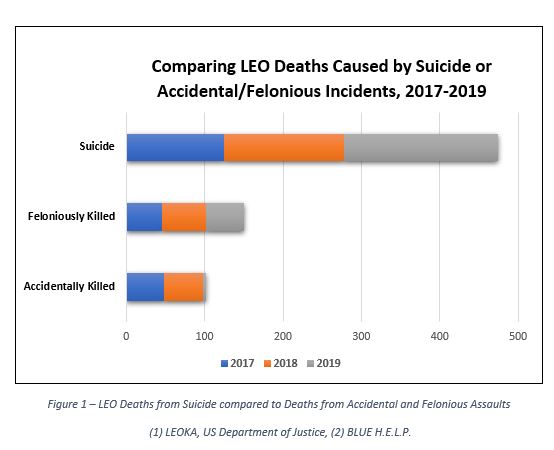 Among law enforcement officers, the attempted suicide rate is more than ten times greater than the general population. Unlike their civilian counterparts, law enforcement officers feel they cannot call for help in a mental health emergency without risking their livelihood. The stigma associated with these everyday heroes does not allow them to seek help for the risk of harming their careers. LEOs typically self-medicate, with alcohol or drugs, and engage in risky behavior.
Among law enforcement officers, the attempted suicide rate is more than ten times greater than the general population. Unlike their civilian counterparts, law enforcement officers feel they cannot call for help in a mental health emergency without risking their livelihood. The stigma associated with these everyday heroes does not allow them to seek help for the risk of harming their careers. LEOs typically self-medicate, with alcohol or drugs, and engage in risky behavior.
Unlike regular civilian employment, law enforcement is seen as a dangerous occupation. However, the cause of many LEO fatalities may surprise you. According to several surveys, more law enforcement officers die by suicide than in any other deadly incident in the line of duty, excluding Covid 19 deaths. According to data from the U.S. Department of Justice and BLUE H.E.L.P. from 2017 to 2019, cops who died by suicide outnumbered those killed in accidents and felonies.
In 2022, 162 law enforcement officers died by suicide, 1 suicide every 54 hours. In the same year, 74 police officers were killed by violence in the line of duty, 60 by gunshot.
In 2022, the Chicago Police Department reported 7 officer suicides, three in 7 days during the month of December. The San Antonio (Tx) Police Department experienced 5 suicides in the first 7 months of 2022. The City of Philadelphia had four reported officer suicides in the same year. After the event that occurred in our Nation’s Capitol on January 6th, four United States Capitol police officers took their life. In 2019, ten New York City Police Officers, including a deputy chief facing a forced retirement, died by suicide.
In the first 20 days of January 2023, Blue H.E.L.P. has reported six LEO suicides, one every three and one-third days. The Officer Down Memorial Page reports two Line of Duty Deaths (LODD).
According to the Substance Abuse and Mental Health Services Administration (SAMHSA), law enforcement officers are the first to respond to incidents involving harm to others. Their work exposes them to grief, injury, pain, and loss. LEOs have demanding schedules and physically challenging job requirements, putting their lives on the line for others. These daily experiences of death and destruction, coupled with the constant hypervigilance, cause emotional trauma leading to anxiety, depression, Post-Traumatic Stress injury (PTSi), and suicidal ideation.
Historically, nonprofit organizations such as Badge of Life, Blue H.E.L.P, and Police Executive Research Forum have gathered LEO suicide data. Even though these groups have proven helpful to the LEO community, the data given has severe limitations. Since there is no central LEO central database, it is widely assumed that LEO suicides are underreported.
To help with the reporting issues, in 2022, the Law Enforcement Suicide Data Collection Act went into effect. The LESDC Act aims to help agencies better understand and prevent suicides among current and former law enforcement officers, corrections employees, 911 operators, judges, and prosecutors. The FBI’s Uniform Crime Reporting Program manages this data collection, known as the Law Enforcement Suicide Data Collection. As with other UCR data collections, submitting this data to the group is voluntary.
While involvement by the FBI is welcomed, reporting is still voluntary. That, coupled with government bureaucracy, underreporting will still be an issue.
Suicide is not the Problem
Looking at the statistics, it would be easy to say that there is a suicide problem in Law Enforcement. It is not; suicide is a permanent solution to a temporary problem. The problem is the struggles and challenges that cops face daily. Chronic anger, sorrow, social isolation, shiftwork, poor nutrition, lack of enjoyment, and exercise are all harmful.
These struggles and challenges can be anything; fear, failure, a sudden illness or disease, a family crisis, anxiety, despair, mental illness, addiction, loss of job or income, loss of a spouse or family member, a financial load, suicidal thoughts, loneliness, marital troubles, etc. Law Enforcement Officers face demanding situations above and beyond the typical job. Loss of life, trauma, increased risk and exposure, and danger are everyday struggles and challenges.
“There’s no way to tell when someone is suffering in silence.”
It could be that one incident or the accumulative effect of several incidents that overwhelm their emotions; grief, anxiety, fear, and anger take over their thoughts, taking them to a dark spot in their mind. They are in an eternal battle they don’t think they can win. But circumstances, which are out of their control, are events that happened to them and around them. Every battle they face starts in their mind. This is living in the Darkness.
This darkness, or depression, is stealthy; it starts with minor mood changes that progressively worsen. It slowly drags them deeper into the darkness, causing desperation. They feel hopeless, worthless, or a failure. Their mind and body spiral downward to the point of asking, “what is the use of living?” It is a liar, making them believe people do not care for them and think their family and friends would be better off without them. Continually living in the darkness is a “silent killer.”
Why we don’t get HELP
Law Enforcement Officers often feel they cannot talk to anyone other than their partners about job stress. Making it possible that they will not be trusted on calls for service. This is the STIGMA that is associated with the job. This creates problems because the CULTURE maintains that mental health issues signify weakness and failure. The fear of seeking help leaves the door open for tragedy.
Merriam-Webster’s Dictionary defines STIGMA as;
- a mark of shame or discredit
The National Alliance on Mental Illness describes STIGMA as “when someone, or even you yourself, views a person in a negative way just because they have a mental health condition. Some people describe stigma as a feeling of shame or judgment from someone else. Stigma can even come from an internal place, confusing feeling bad with being bad.”
Merriam-Webster’s Dictionary defines CULTURE as;
- the customary beliefs, social forms, and material traits of a racial, religious, or social group also: the characteristic features of everyday existence (such as diversions or a way of life) shared by people in a place or time,
- the set of shared attitudes, values, goals, and practices that characterizes an institution or organization and/or
- the set of values, conventions, or social practices associated with a particular field, activity, or societal characteristic.
Regarding Public Safety, culture is the individual organization’s behaviors, values, attitudes, and beliefs affecting the entire First Responder family. This culture reflects what is right or wrong, good or bad, or what is acceptable behavior within the ranks. Over time, culture instills practices and habits into people without knowing where the training or behavior had begun. Cops tend to do things the way they were told; they don’t question why because that’s the “way it’s always been done.”
The culture of police work dictates that mental health issues are a sign of weakness or failure. Many LEOs believe that if they seek help, they will put their job or position at risk. Mostly, cops do not trust those in management or those who control their destinies.
In 2017, the University of Phoenix completed a survey regarding First Responders’ mental health. The study revealed stigmas associated with seeking mental health help on the job. Most of those who say there are negative repercussions for seeking psychological help at work feel their supervisor will treat them differently. Other concerns are co-workers perceiving them as “weak” or resulting in them being passed over for promotions. Here are some reasons that are given for not seeking help;
- Not feeling comfortable speaking to another person about their problems
- Not wanting people to perceive them as being weak
- Feeling judged by colleagues in their profession
- Feeling like it would affect their career/chance for a promotion
In a Kaiser Permanente publication, Dr. Holly Kennedy-Hanson wrote, “Most first responders believe that treatment works for conditions like PTSD, depression, and substance use disorders — and they’re right. But many also believe that people who seek help for these conditions will face negative repercussions at work. Unfortunately, it’s perceptions like these that make many first responders reluctant to take advantage of the mental health services available to them.”

Administrators must adopt department-wide policies that drive the culture to change to stop the cycle. Employees must have easy access to wellness initiatives, but attitudes toward these programs must improve. First Responders should not be afraid of being penalized or denied their next promotion if they seek therapeutic treatment or support following a traumatic occurrence.
Add Alcohol and Drugs
Based on decades of research and clinical trials, alcohol and drug abuse are classified as a Substance Use Disorder (SUD) in the Diagnostic and Statistical Manual of Mental Disorders, 5th edition (DSM-5). According to Canada’s Centre for Suicide Prevention, the most common risk factor for suicidal conduct is alcohol or drug abuse, which is second only to depression.
Being nearly impossible to identify a single reason why people commit suicide, it is known that alcohol has been involved in 30% of suicides. When chronically self-medicating with alcohol or drugs, people tend to forget their problems and build tolerance, dependence, and addiction. What once was used as a relief for depression becomes a hindrance ruining relationships, causing job performance issues, and destroying the body.
Suicide, addiction, and depression have a very close and interconnected relationship. More than 90% of people who fall victim to suicide suffer from depression and have a substance abuse disorder. Depression and substance abuse combine to form a vicious cycle that all too often leads to suicide.
If you need help – GET HELP
It’s time to break the silence and start the conversation. Talk to your partners, and watch their backs (and front). You cannot tell when someone is hurting. Talking and conversation is the key. Suicide is one of those unpleasant topics everyone knows of but finds difficult to discuss. This is dangerous. Failure to discuss suicide, its warning signs, and how to get help can result in the death of countless people. This can be a terrifying conversation, yet it could save someone’s life. “Are you thinking of committing suicide?” ask directly. They will most likely be truthful and glad for your inquiry. A common myth is that asking someone about suicide will cause them to consider it. This is not the case. Inquiring about suicide does not enhance suicidality.
Peer support is valuable for law enforcement officers dealing with stress, mental health issues, suicide prevention, and general officer safety and welfare. Research has shown that many officers will lie to Department provided counselors. They do not want to share their thoughts, feelings, or experiences with a stranger with ties to their department. However, many officers’ will discuss issues with fellow officers, suggesting that peer counseling may be more helpful than psychological counseling.
Resiliency is a construct that empowers people to recover from life’s challenging events. It is a response to crisis and tragedy that allows you to move forward.
Developing resilience is a personal and challenging process. There is no uniform method for being more resilient; it requires a combination of inner qualities and external resources. Every individual is unique: While one person may experience despair or anxiety due to a stressful event, another may not experience any symptoms at all.
Resiliency is not a quick solution; it’s more like a marathon. It takes time, strength, people, and faith to get to the finish line. You may stumble along the way, but you will get there. Stress, emotional upheaval, and suffering are all part of life for resilient people. Some may mistake mental toughness for resilience, but resilience also requires enduring emotional pain and suffering.
Officers with suicidal ideation are in a battle; the battle is in their minds. This is a spiritual battle, as the voices of the world, flesh, and Satan have highjacked the brain. Law Enforcement Officers need to be on a solid spiritual foundation and let the voice of the Holy Spirit fight this battle.
God wants life for all of us. However, many seek suicide after living under painful and distressing circumstances. God wants our lives to move forward due to our relationship with Him. God is the source of life; King David wrote:
You will show me the way of life, granting me the joy of your presence and the pleasures of living with you forever.
Psalm 16:11 NLT
Psalm 34:19-22 reminds us of God’s promise that He will heal us.
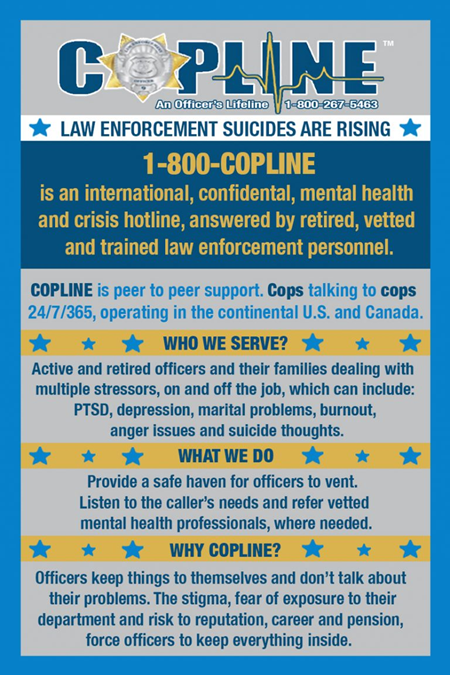 Copline is the country’s first national law enforcement officer’s hotline operated by retired law enforcement officers. Retired law enforcement officers are trained in active listening and bring knowledge and understanding of the many psychosocial stressors that officers go through on and off the job. Active officers and/or their families can call 24 hours a day, 7 days a week. They can be assured that a trained retired officer is on the other end of the line, whether the caller is calling while on duty or off. COPLINE is strictly confidential, and there is no fear of punitive repercussions for making the call.
Copline is the country’s first national law enforcement officer’s hotline operated by retired law enforcement officers. Retired law enforcement officers are trained in active listening and bring knowledge and understanding of the many psychosocial stressors that officers go through on and off the job. Active officers and/or their families can call 24 hours a day, 7 days a week. They can be assured that a trained retired officer is on the other end of the line, whether the caller is calling while on duty or off. COPLINE is strictly confidential, and there is no fear of punitive repercussions for making the call.
If you are experiencing depression, Post-Traumatic Stress, or suicidal ideation, you need help. You are in the darkness; you are in a battle with evil; you are in a fight for your SOUL. Spiritual healing is as close as your agency’s Chaplain. However, suppose you’re untrusting of your agency’s help. In that case, two worldwide organizations offer Faith-Based healing to First Responders, Mighty Oaks Warrior Programs and Reboot Recovery. Both are free for first responders and veterans.
As Law Enforcement Professionals, we swore to protect good and fight evil. Many have lost track of their priorities and have put the job first in their lives. If you are experiencing a lower than usual sense of self-worth, depression or misplaced guilt, inability to remember or talk about the trauma specifically, feeling numb emotionally, dissociation (not aware of the present moment), or a feeling of disconnection from your everyday lives, feeling hyper-aroused and vigilant for danger all the time, lashing out in irritability or unexplained anger, feeling jittery, or unable to concentrate on tasks at hand or other anxiety disorders, such as panic or intense distress, talk to someone and get help. Get back to the basics. Put God First, Family Second, and the job further down in the order.
Peace doesn’t come from the absence of problems.
Peace comes from the PRESENCE OF GOD
Pastor Steve Chappell, Coastline Baptist Church – Oceanside, Ca

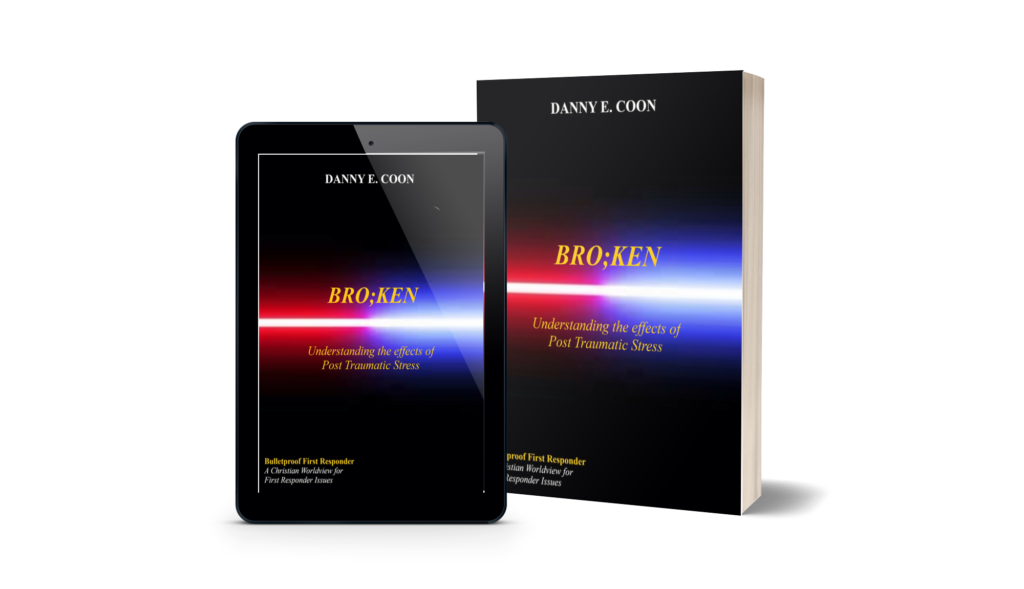
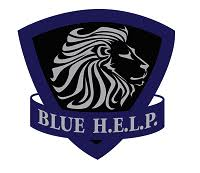
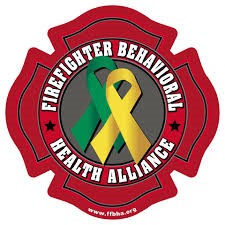
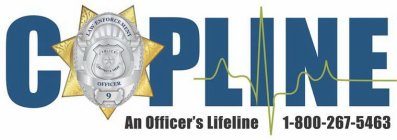
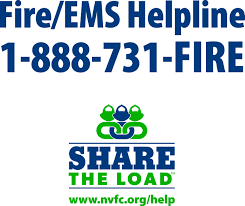
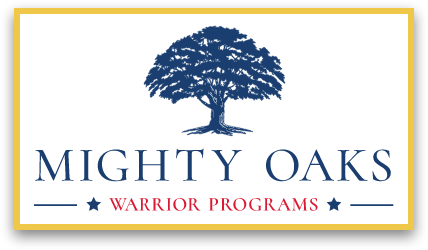
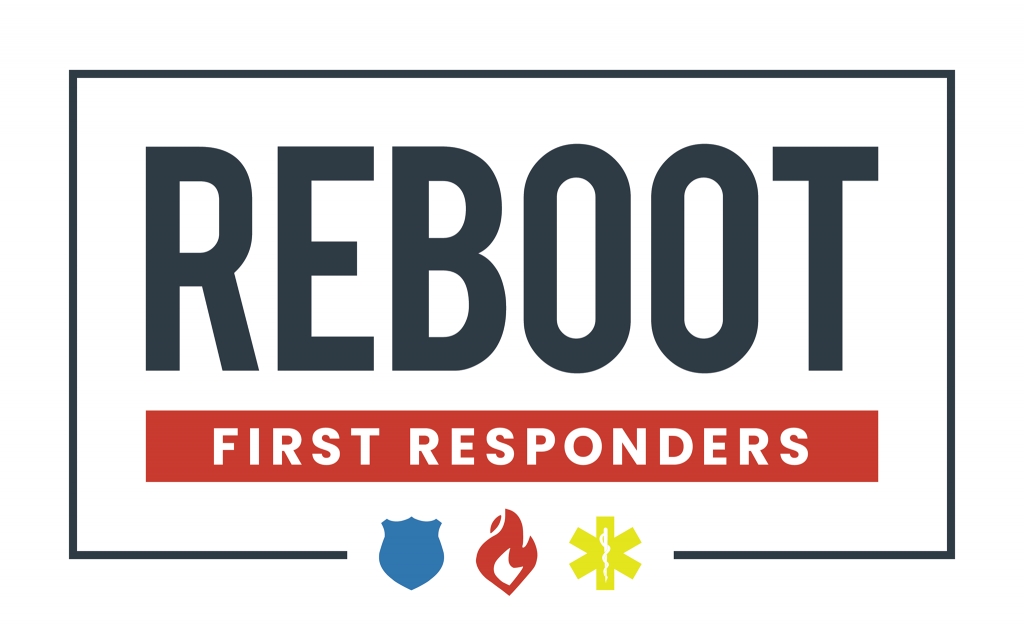
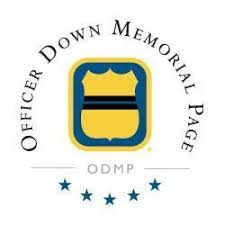
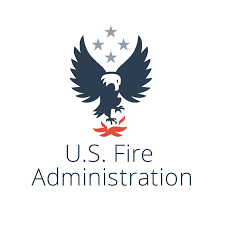
Well done and right on target. Thanks for sharing. I’m a volunteer for CopLine and encourage LEO’s to call for any reason, even to just call to say hello or vet us.